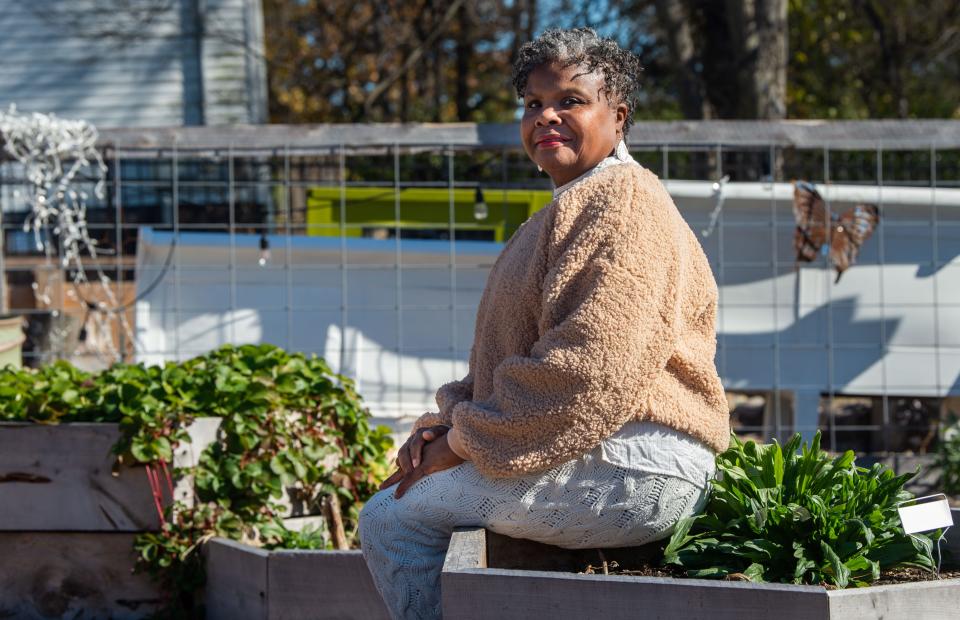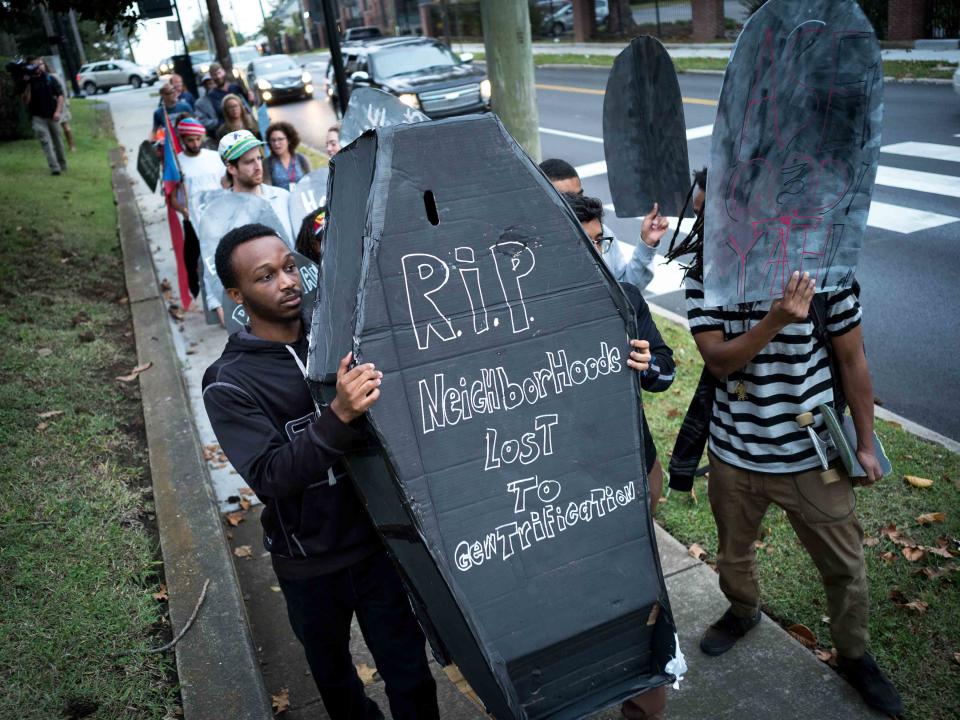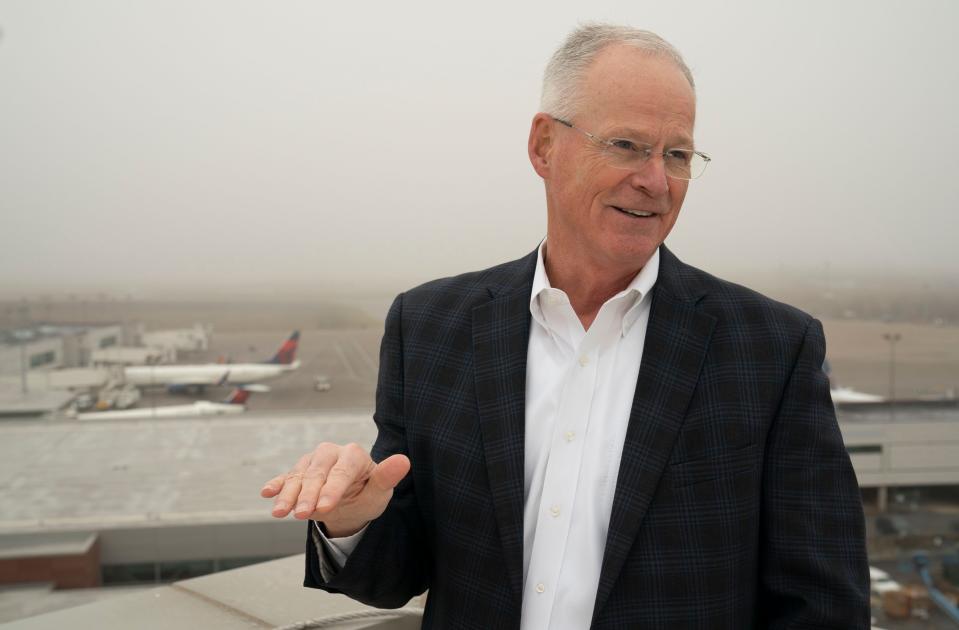Just Askin': Is Nashville closed to new residents?
Editor's note: You got questions? We got answers. Just Askin' is a Tennessean initiative that answers your burning questions about Nashville and Middle Tennessee. Created by our nosy newsroom of Nashville reporters. Got a Just Askin' question for us? Email justaskin@tennessean.com and your question could appear in an upcoming column.
You got questions. We got answers.
Click to email us at justaskin@tennessean.com, and your question could appear in an upcoming column.
Question: Is Nashville closed?
Answer: Assuming this reader-sent question is referencing if people are still able to move to Nashville, no, it's not closed. There are, however, drastic changes happening in Nashville with the influx of people moving to the region every year.
Ah Nashville.
Home of country music, four professional sports teams, country music stars and their fans, The Grand Ole Opry, hot chicken and as of 2023 — 2,012,476 people in the greater Nashville region, according to the latest data from the NashChamber.
And that number is only expected to rise. Since 2020, Nashville has gained 17,133 new residents annually, while projections predict that more than 2.5 million people will live in the Nashville area by 2040.
Davidson county experienced a 5.4% increase in population from 2016 to 2021, with surrounding counties growing exponentially. Within this same time frame, Williamson County experienced a 24.4% increase, Maury County experienced a 22.1% increase, Rutherford County experienced a 21.3% increase and Wilson County experienced a 20.9% increase.
What's the driving force behind this mass migration to Music City?
According to the Nashville Area Chamber of Commerce’s Regional Economic Development Guide, the region experiences low unemployment and a favorable business climate, making it a top location for companies looking to relocate or expand business.

Brad Copeland, president of the Greater Nashville Realtors Association, said Middle Tennessee's vibrant, diverse economy mixed with its beautiful, lush landscape, available hiking, downtown music scene, art scene and no state income tax are more than enough reasons to relocate to the region.
So how does Nashville's rate of growth affect real estate in the area?

Copeland said a slow and steady rate of growth allows the market to be balanced. However, so many people moving to Nashville in such a short amount of time has disrupted that balance.
"In the normal course of a balanced market, we'd have someone put their home on the market, and then they would buy a home in that same market," he said. "When we started seeing large populations of people moving into our region, they are taking inventory that doesn't have a replacement ... So that in turn creates a supply and demand issue that we really have to this day."
Another factor affecting real estate in Nashville is the number of cash buyers.
"Those cash buyers that are moving from larger, more expensive markets into our market, come with a different perception of value for real estate," said Copeland. "Because they are mainly dealing with cash then they're not as concerned about appraisal values. And so they're coming in covering appraisal gap with cash or in some cases not getting loans at all."

That in turn, drives up the comparable value in a market, causing price escalations.
For example, a home which would've normally sold for $450,000 suddenly sells for $575,000, causing the surrounding homes to also close at higher than normal prices.
But this change isn't just affecting Nashville, it's affects the entire region.
Mt. Juliet
In Mt. Juliet, building plans proposed more than 500 new homes on Mt. Juliet’s north side. That raised concerns in the community: impacted traffic on an already congested area of Lebanon Road.
Williamson County
A 500-home development in Fairview, which was years in the making, was recently denied by city officials. Commissioner Leslie Fischer-Street said she received multiple complaints about the development and that the growth and changes in the last 15 years “made it where it’s almost impossible for us to provide everything that this many people need in Fairview.”
This article originally appeared on Nashville Tennessean: Potential Nashville residents ask whether there's housing for them

